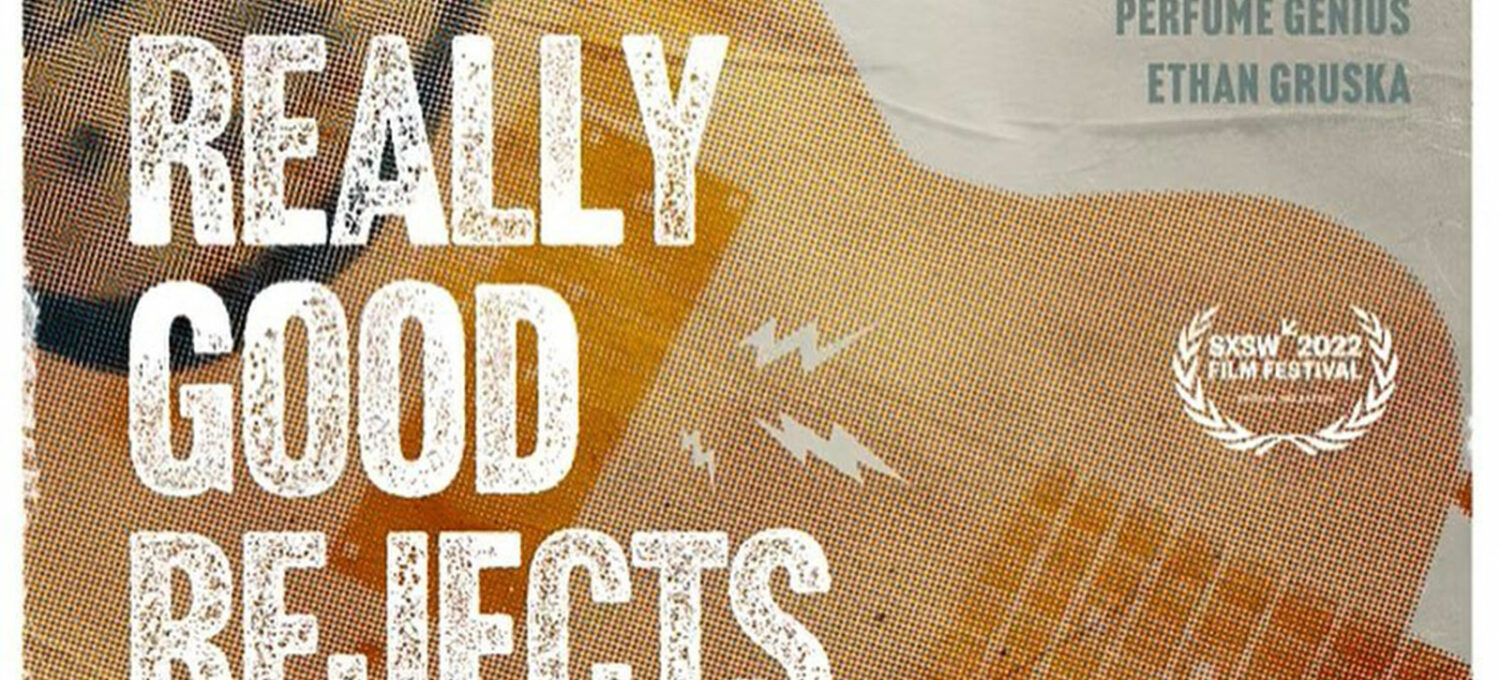Really Good Rejects is a film ostensibly about Reuben Cox, a luthier who pioneered a special type of pick up found on numerous recent indie classics. What it really is, however, is said luthier and famous friends waxing poetic about their love of music. While it’s far from the most focused documentary, there’s far too much joy here not to recommend to any music lover.
Starting out as a rock photographer and art teacher, Cox began making guitars as a hobby before deciding to take the risk and open up his own shop. Thanks to some already solid connections in the business, especially a friendship with famed indie band The National, this hobby quickly took off as his passion and skill made his guitars hot items among some of the biggest names in modern music. Of particular interest is his innovative rubber pickup which gives a truly unique sound to any guitar – found on Phoebe Bridgers’ recent “Garden Song” for instance. There’s talk of it being a generationally defining sound and, although that might be a bit hyperbolic, it’s hard to deny all the beauty it’s added to numerous recent classics.
While this is a fine introduction, it’s hard to simply summarize the film because it never stays focused for too long. While it starts with Cox’s journey and eventually spends some time with the reception of his invention, there are large sections where an incredible cavalcade of musicians share not only their relationship with Cox’s work but, really, their relationship with music in general. During these extended sections, we get everything from Jim James pontificating about music and spirituality to Carrie Brown sharing a rendition of the first song she ever wrote as a teenager. It’s a lot – but it’s all great.
One gets the impression that director Alice Gu simply got a lot of incredible footage and couldn’t find the heart to cut it. Not that I’m complaining – what’s here makes for captivating entertainment for any music fan. It would have been nice to stay a bit longer on Cox’s use of reclaimed wood and repurposed old guitars, perhaps, but when you’re getting insights into Andrew Bird’s process or Aaron Dessner’s experience writing with Taylor Swift, it’s hard to find much fault. There’s a lot of love here, both for the creation of instruments and the beauty they create, and it’s well worth your time if you’re in the mood to celebrate.
